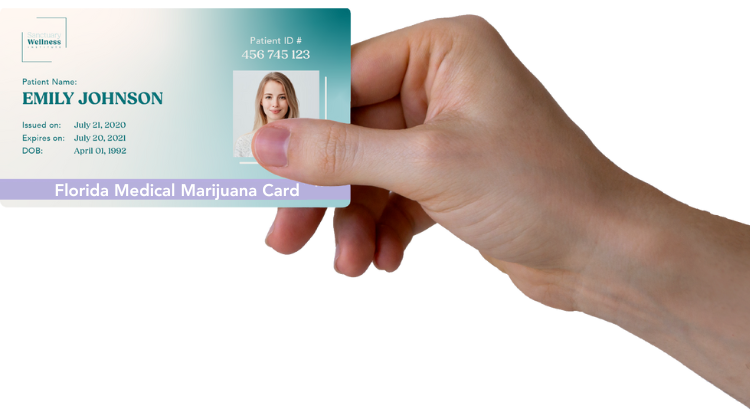Marijuana Doctor Orlando, FL
| New Patients $199 |
| Renewals $119 |
| ✔ Telehealth for renewals |
| ✔ No order adjustment fees |
| ✔ Florida-licensed physicians |

Full refund if the physician finds you ineligible
Pay in 4 installments. Call to use Afterpay
| New Patients $199 |
| Renewals $119 |

| ✔ Telehealth for renewals |
| ✔ No order adjustment fees |
| ✔ Florida-licensed physicians |
Pay in 4 installments. Call to use Afterpay
Call with questions or to schedule by phone (407) 974-4613
















